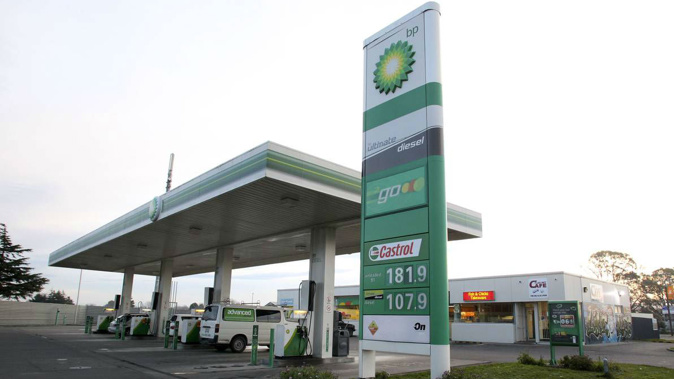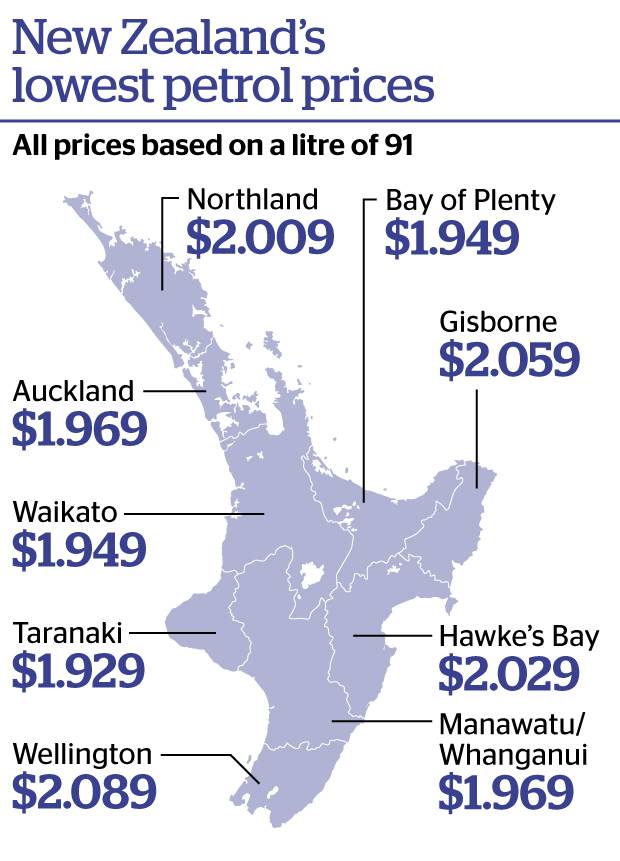
BP has defended its petrol pricing strategy in the wake of a leaked email which revealed a move to push up prices.
In the email, BP pricing manager Suzanne Lucas outlined a plan to counter dwindling sales in Ōtaki, where the price of fuel was 20 cents more expensive than in nearby town Levin.
Instead of reducing the price in Ōtaki to make the station more competitive, Lucas proposed an increase of the fuel price across the entire region, with the expectation that competitors would match the new price.
But in a statement, a BP spokeswoman said its move was in response to local competition and a situation where discounting had become "unsustainable".
"Petrol prices in New Zealand are highly competitive and we adjust our prices in response
to local competition, particularly in instances where discounting has become
unsustainable, which is what occurred in the lower North Island last year."
The spokeswoman said it actively managed its prices on a daily basis to remain competitive and provide the best possible customer service offering.
"We currently have more than $1billion worth of capital invested in New Zealand, with
further investment an ongoing priority.
"Our investment decisions are made with the goal of supporting growth at both a national level and in regional areas across the country.
"We know our customers have a choice so while we may not always be the cheapest in the
market our objective is to ensure our total site offer is the best possible."
The North-South Divide
Data from Pricewatch.co.nz, a site that monitors petrol prices across the country, shows the North Island benefits from far cheaper petrol prices than the South Island.
While lowest prices in the North Island regularly dip below $2 per litre for 91, the South Islander have to dig a little deeper to afford prices in excess of $2.
This morning, AA spokesperson Mark Stockdale told Newstalk ZB's Mike Hosking that what this essentially amounts to cross-subsidising, with the South Island's higher prices countering the lower prices in the North.

Stockdale said that the only way to solve this problem would be to re-introduce uniform pricing, but warned that this isn't without its challenges.
"That poses a lot of problems, because of there are parts of New Zealand – particularly in the North Island – that are paying pretty reasonable prices thanks to the presence of low-cost brands that are typically unmanned.
Stockdale said that if we go back to uniform pricing it could mean that parts of the North Island might end up paying more than they currently are, while Wellington and South Island might end up paying less.
Take your Radio, Podcasts and Music with you










